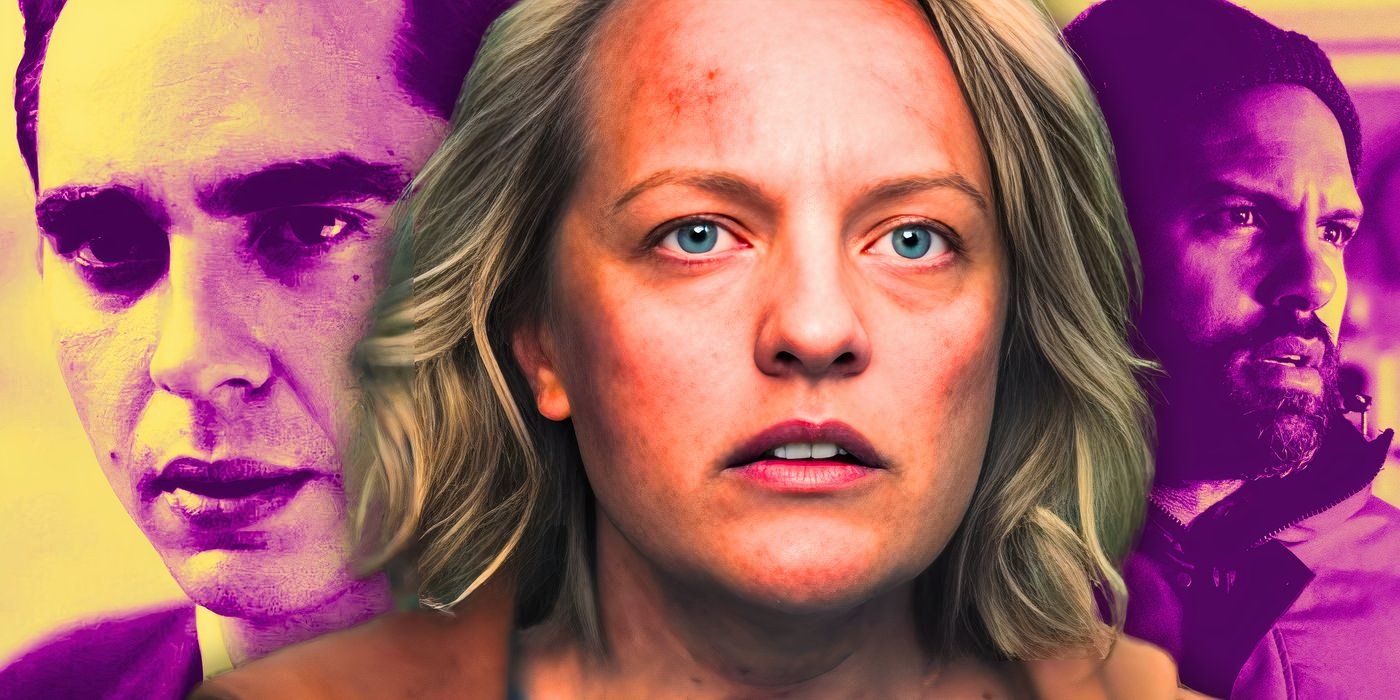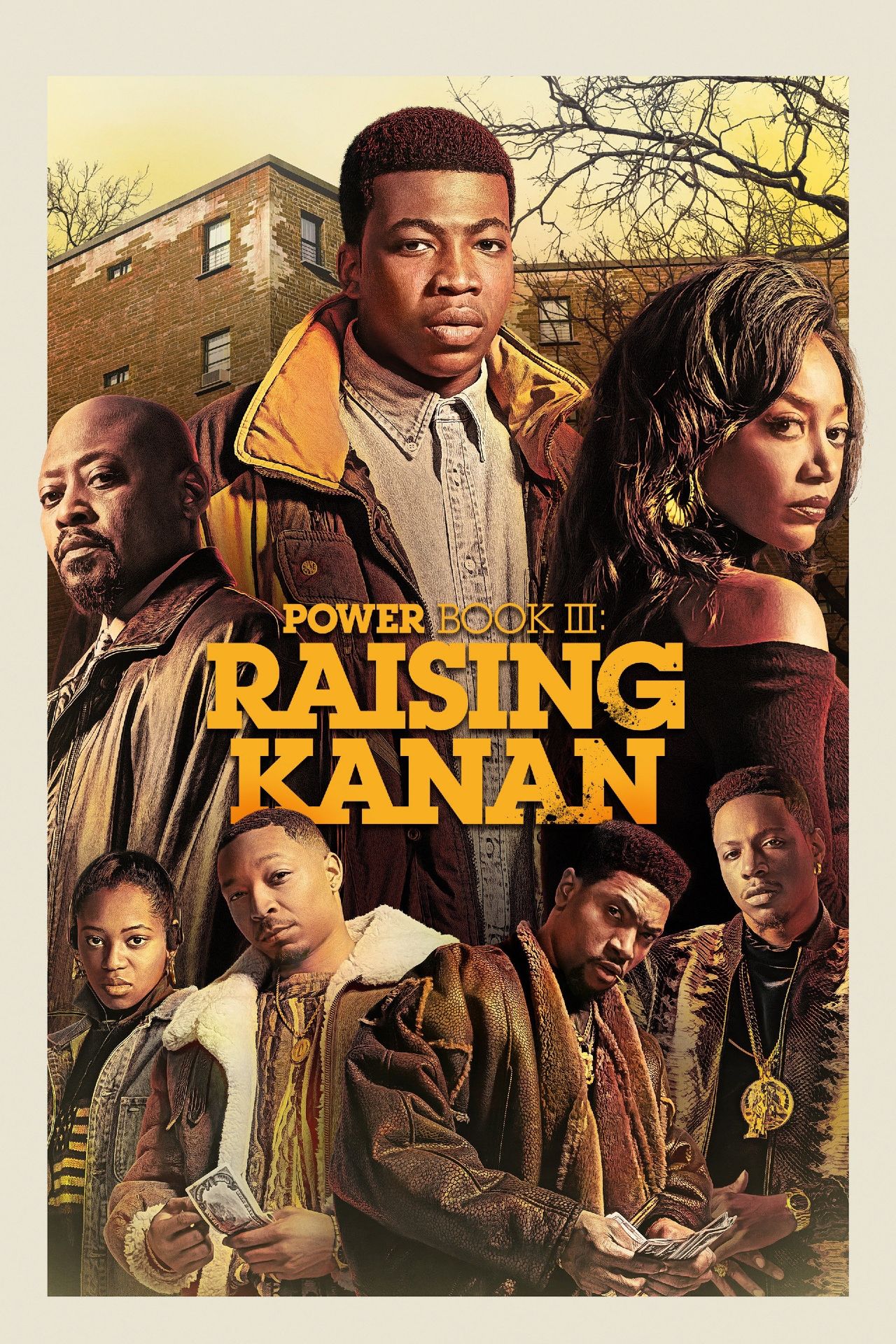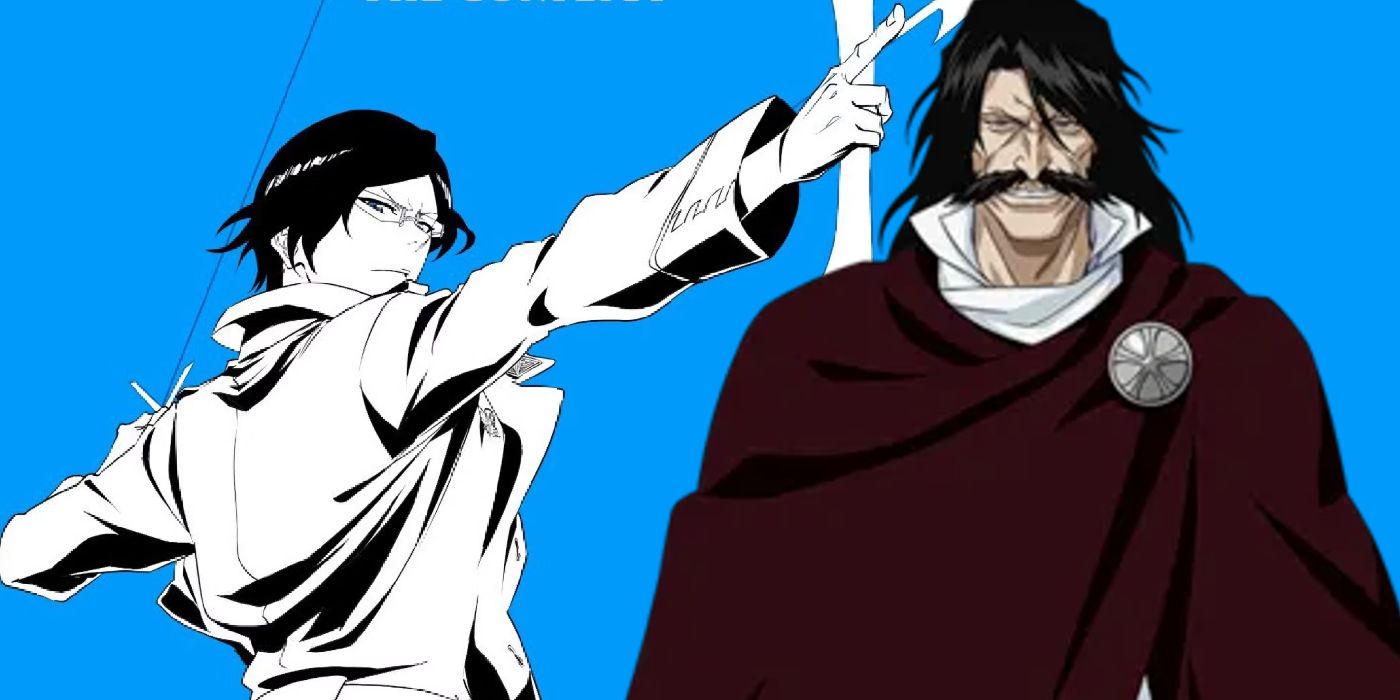Most Hollywood directors, above all, are interested in crafting a well-told story that entertains, but make no mistake about it, the box office matters. Especially in the modern cinema age when blockbusters are smashing records and earning atrociously large sums of cash, producers have higher hopes than ever that their promising investments will earn lucrative returns.
If there is one thing that this collection of movies shows, it’s that past success doesn’t guarantee future results. These creative cinematic geniuses have proven track records, but no one reaches the top of their field without detonating a few landmines along the way.
Blade Runner: 2049 – Denis Villeneuve
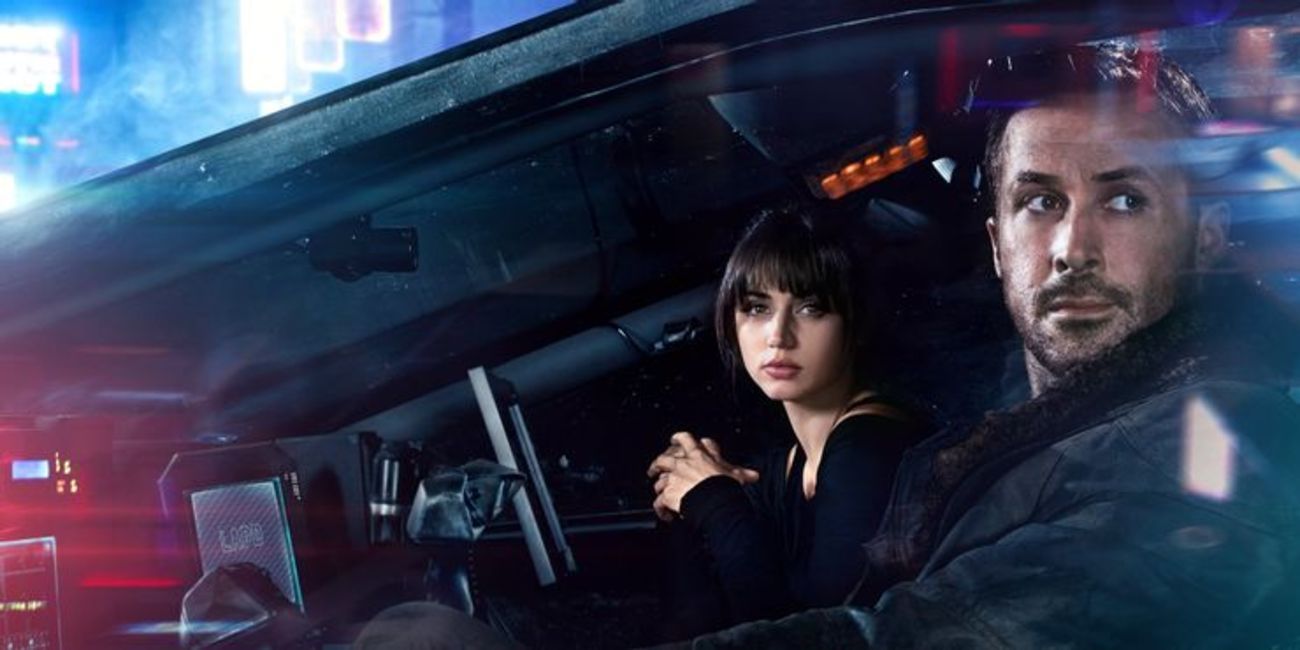
Expectations were high in more ways than one before the release of Blade Runner: 2049. The sequel to the original movie was over three decades in the making, and Villeneuve had attracted the attention of producers and critics with the success of previous features, such as Prisoners and Sicario, so the pressure was on.
By critical accounts, the movie was a knockout, but it is a case of diverging opinion between audiences and critics. Considering the promotional hype, producers expected box-office results to smash the movie’s production costs. They were sorely disappointed when Blade Runner: 2049 earned $260.5 million, turning only a modest profit against its fat budget.
Citizen Kane – Orson Welles
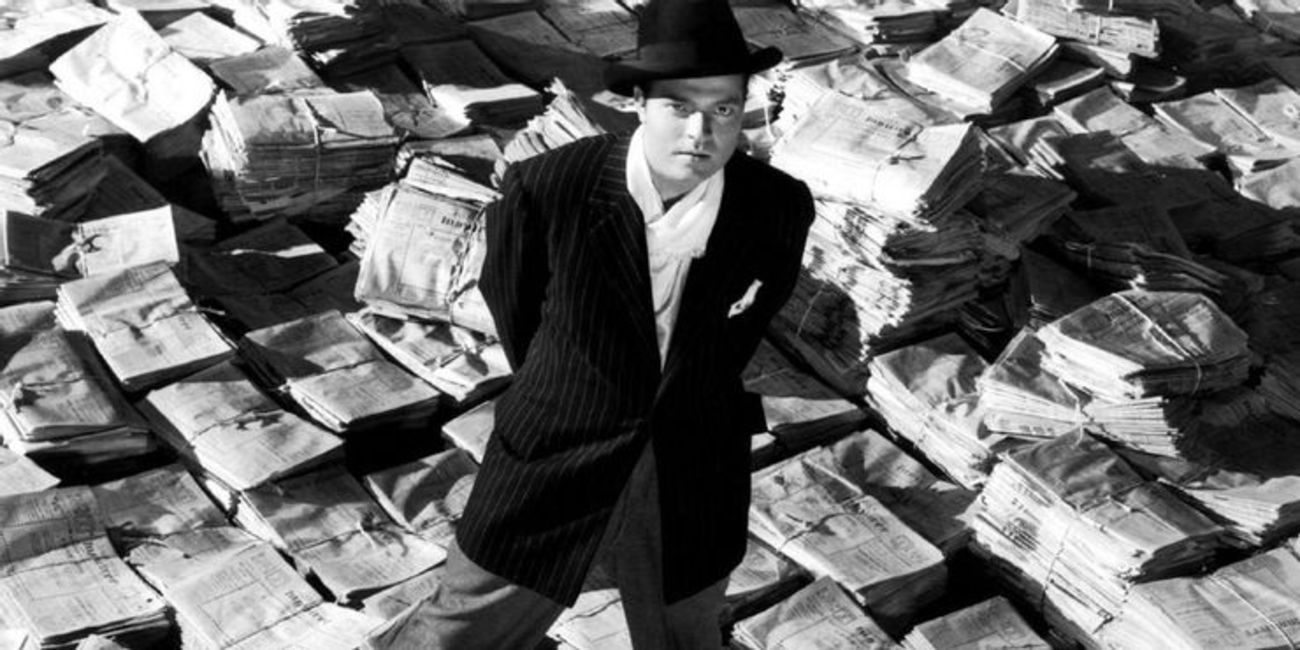
According to many best-of-lists, Orson Welles’ debut feature Citizen Kane continues to be considered the greatest movie ever made. Mired in controversy because it satirized newspaper mogul William Randolph Hearst, the movie had a limited release.
Many theaters were not willing to show it in fear of blowback from Hearst. Welles is famously quoted as saying that almost every seat was empty at the premiere showing he attended in Chicago. It lost money in almost every major city in America.
Clockers – Spike Lee
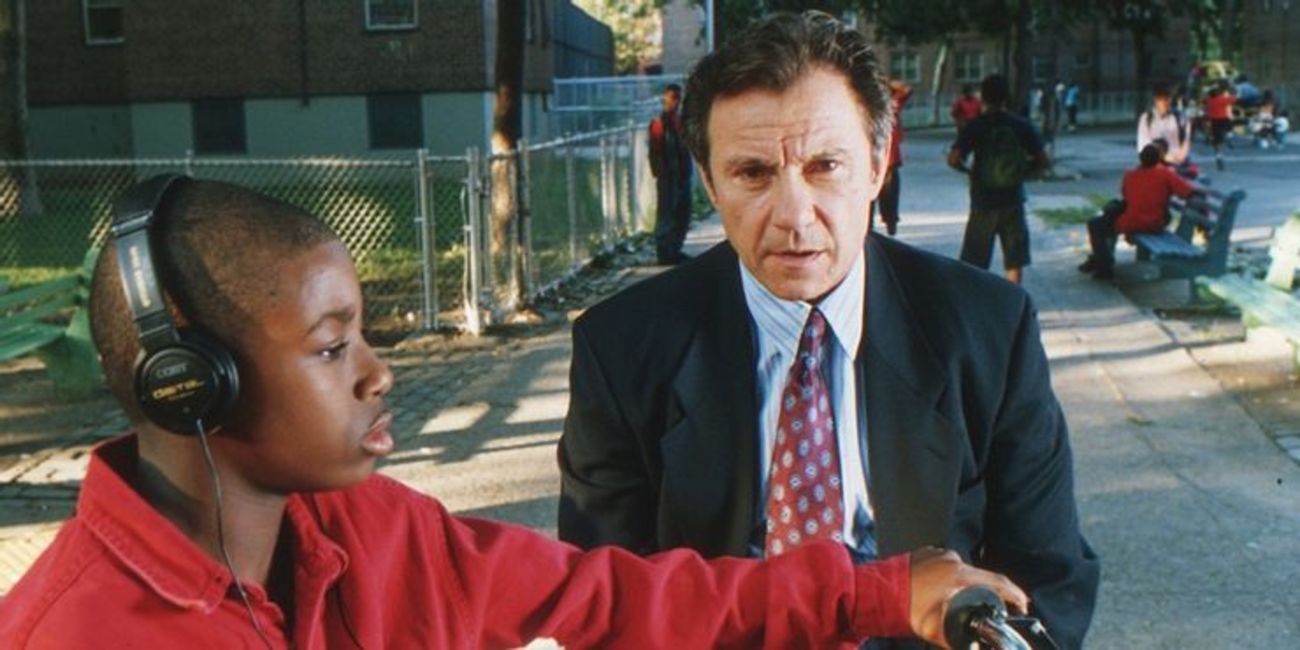
Spike Lee has been a movie mainstay for decades. His reputation as a director is so revered that the release of one of a new Spike Lee movie becomes a cultural event. Always bringing issues in the Black community to the screen to be learned from and understood by a wider audience, Lee blends entertainment and social awareness in his crime drama Clockers.
With several critical and commercial successes to his name and production backing from colleague Martin Scorsese, Lee and his producers had reason to believe Clockers would be a success. Much to their disappointment, the movie couldn’t capture much of an audience, coming up several million short compared to its budget.
Dune – David Lynch

For anyone who has seen interviews with David Lynch, you may notice how he likes to remind aspiring directors never to give up final cut privileges. He made that mistake when he directed wDune. While the movie has acquired cult status in some circles, at the time of its release, critics derided it and the box office numbers reflected their displeasure. In fairness to Lynch, he also resents being associated with the film because of its distance from his original artistic vision.
Several cuts of the film exist today, some of which list a pseudonym instead of Lynch’s name under the director’s credit. Keep your fingers crossed for Denis Villeneuve’s crack at the infamously difficult novel adaptation.
Fight Club – David Fincher
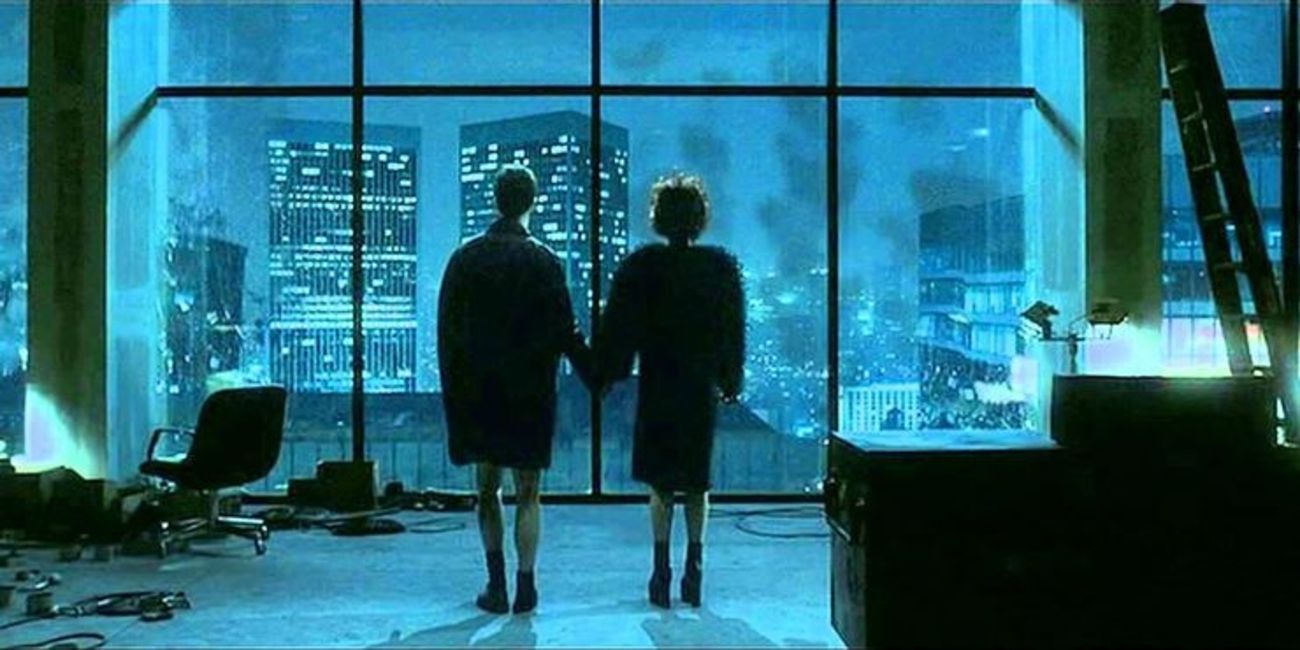
For those who were not around to remember Fight Club‘s theatrical release, it may come as a surprise to realize that the success associated with the movie today comes from its cult status. Adapted from the equally controversial novel by Chuck Palahniuk, the producers who warmed up to Fincher after the success of his prior movie Se7en disapproved of Fincher’s original cut.
As is common with box-office stinkers, producers re-edited the movie. The reception was luke-warm between audiences and critics, resulting in a sharp drop off in interest after the movie’s opening weekend. Compared to test-screening predictions, the movie underperformed.
Heaven’s Gate – Michael Cimino
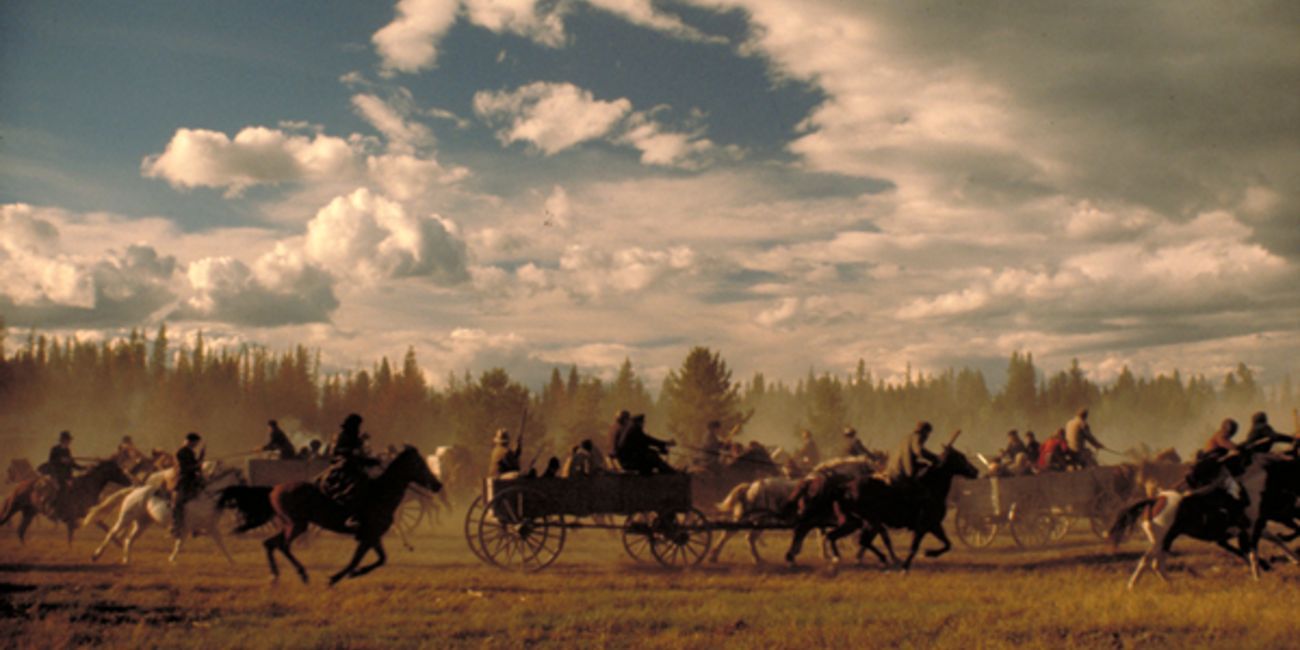
Following up the critical and commercial success of the epic war film The Deer Hunter, the studios gave Michael Cimino carte blanche to direct his next feature, the epic western Heaven’s Gate. From the beginning, the movie was a production disaster.
Cimino’s pedantic obsession over every detail brought the speed of the shoot to a snail’s pace. The movie surpassed its original budget by tens of millions of dollars, failing to earn back even a quarter of its costs at the box-office. Emerging from the 1970s as one of the most promising new Hollywood directors, the resounding failure of Heaven’s Gate permanently derailed Cimino’s career.
Hugo – Martin Scorsese

Giant of the American movie industry, Martin Scorsese, has directed some of the most successful and critically acclaimed movies of the past 50 years. Many of his movies draw from his Italian heritage and the tradition of moviemaking in that country, as well as dealing with mature and violent themes. As audiences and commercial demands change, Scorsese also embraced the new movie-landscape, choosing to do a 3D children’s adventure movie in his 2011 release Hugo.
The movie impressed both critics and the Academy, earning the movie five Oscars. Its artistic success was disproportionate to how the movie fared financially, barely earning more than its costs of production, and establishing Scorsese’s venture into new movie territory as a box-office disappointment.
Inherent Vice – Paul Thomas Anderson
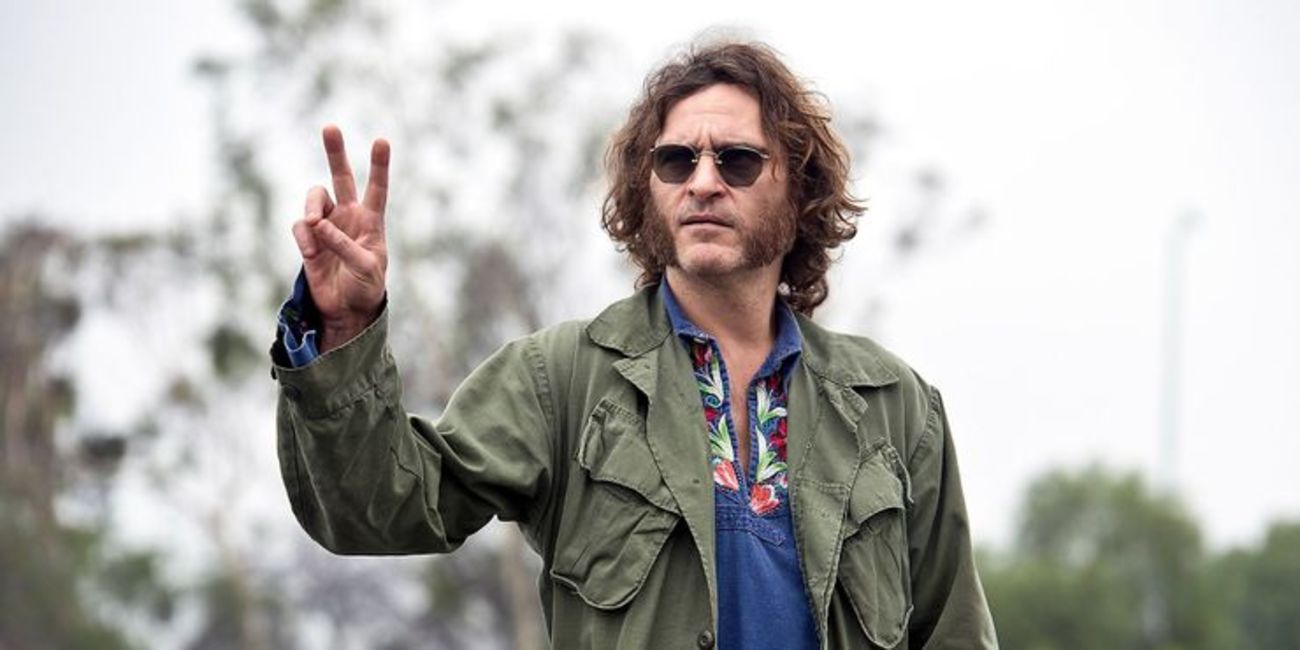
When Paul Thomas Anderson burst onto the scene with his critically successful early features Hard Eight and Boogie Nights, he became Hollywood’s new wonderchild. Since he was 28 years old, Anderson has had Hollywood by the tail and hasn’t let go since. Even when his movies underperform, and there has been more than one, the executives in California cannot shake Anderson’s grip on them.
Inherent Vice, an adaptation of the Thomas Pynchon novel of the same name, is a classic example of Anderson’s oscillating win some – lose some performance at the box office. On a budget of approximately $20 million dollars, it fell about $6 million short.
King Arthur: Legend Of The Sword – Guy Ritchie
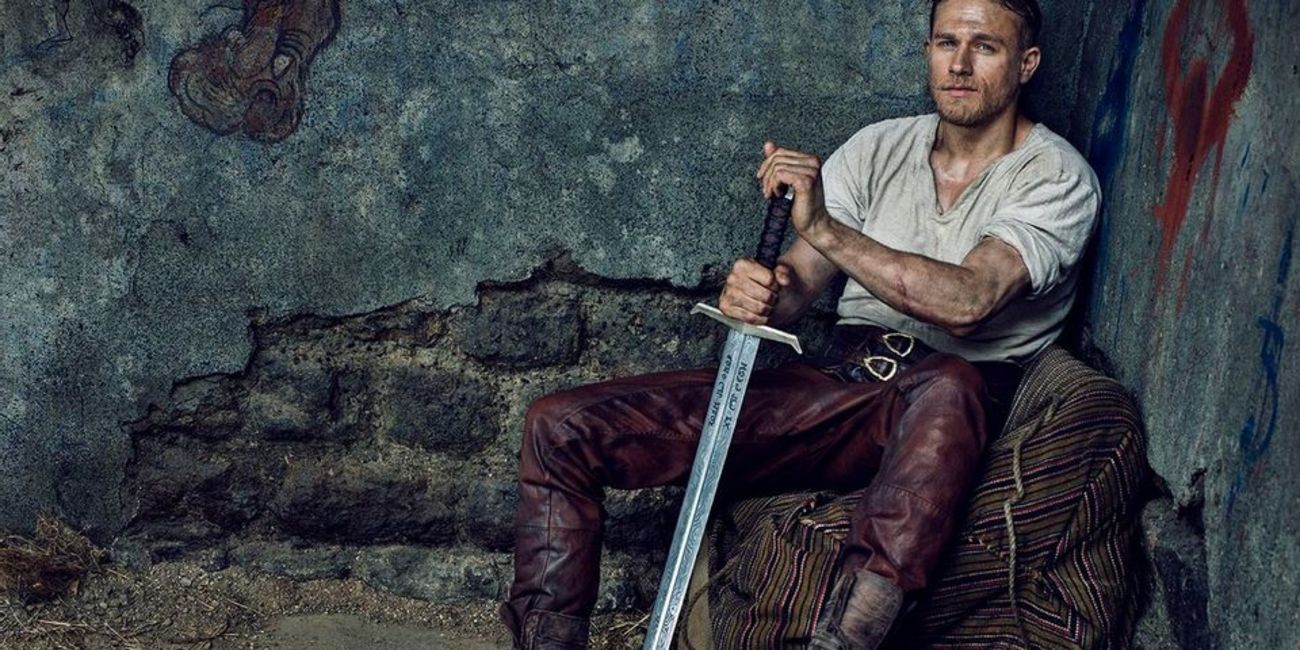
Guy Ritchie is famously known for his British gangster movies Lock, Stock, and Two Smoking Barrels, Snatch, and most recently The Gentlemen. These movies are common in genre, but also form, structured as multiple parallel narratives with quick pithy humor.
King Arthur is an anomaly in Ritchie’s filmography, and the poor box-office results show how the director strayed away from what he does best. One can understand Ritchie wanting to director more than stories about short-tempered wise guys, and a drama about the famous English legend seemed like a good next step for the Brit. But he has a talent however for the gangster movie, so it’s nice to see him return to his winning form.
Rumble Fish – Francis Ford Coppola
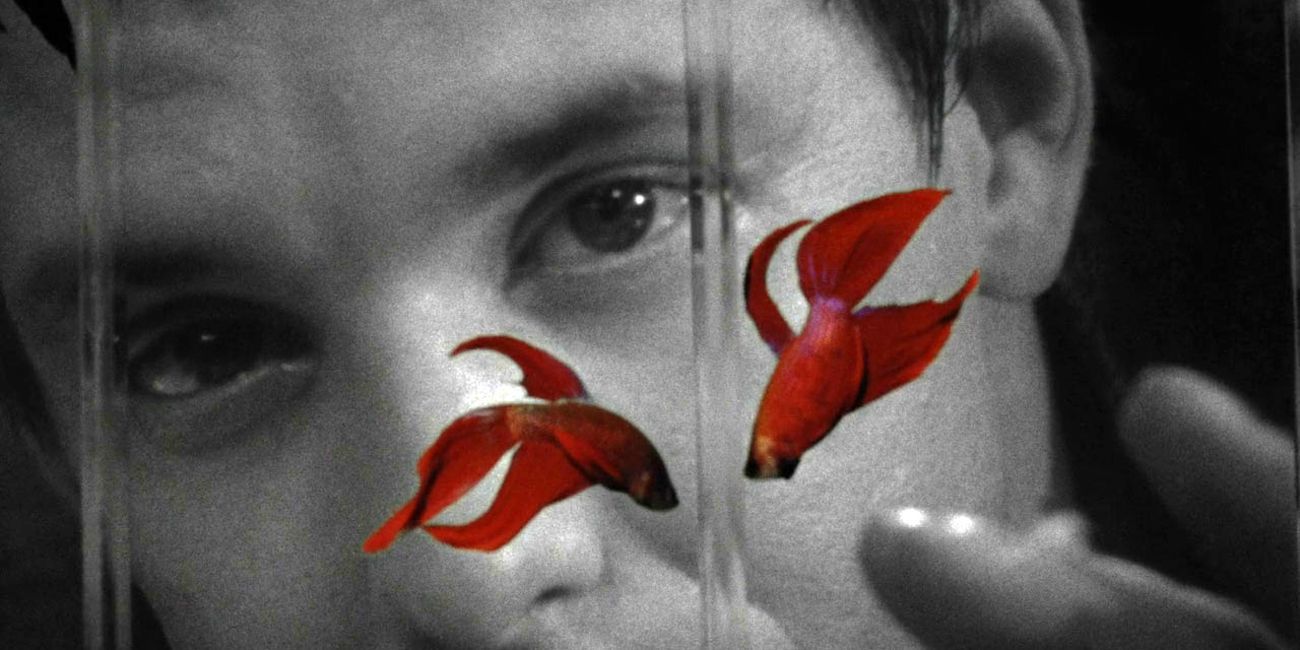
Only after a director creates culturally iconic films like The Godfather, The Godfather: Part II, and Apocalypse Now, do they earn the privilege of directing a film like Rumble Fish.
Director Francis Ford Coppola wandered far from the Hollywood status quo with this movie. Shot in high contrast black and white and paying homage to German expressionist movies of the silent era, Rumble Fish is a great movie, but the work of a cinephile made for other burgeoning cinephiles.
